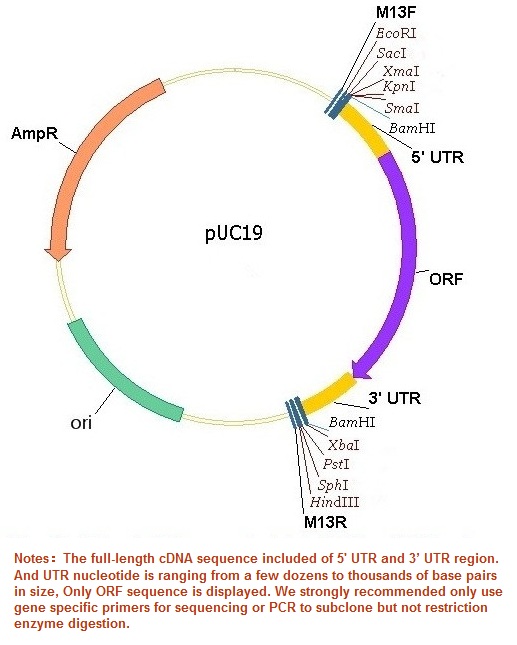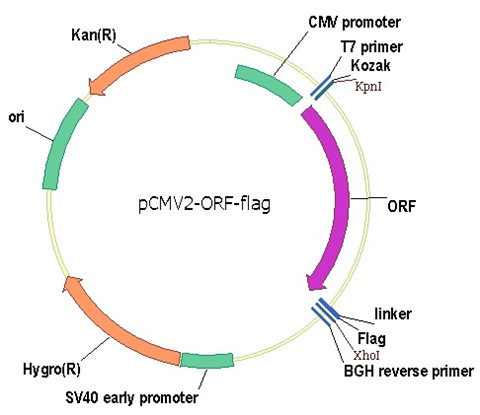RORC
| Gene Symbol | RORC |
|---|---|
| Entrez Gene | 6097 |
| Alt Symbol | NR1F3, RORG, RZR-GAMMA, RZRG, TOR |
| Species | Human |
| Gene Type | protein-coding |
| Description | RAR-related orphan receptor C |
| Other Description | RAR-related orphan nuclear receptor variant 2|nuclear receptor ROR-gamma|nuclear receptor RZR-gamma|nuclear receptor subfamily 1 group F member 3|retinoic acid-binding receptor gamma|retinoid-related orphan receptor gamma |
| Swissprots | P51449 Q5SZR9 Q8N5V7 Q8NCY8 |
| Accessions | EAW53405 EAW53406 P51449 AB307696 BAH02287 AF075096 AK097994 BAG53561 AK128522 AK223137 BAD96857 AK298460 BAG60673 AK315662 BAG38028 AL834219 CAD38900 AM393818 CAL38693 AM393876 CAL38751 AW004872 BC031554 AAH31554 BC110571 AAI10572 BI520481 CB161467 CR457436 CAG33717 DQ890805 ABM81731 DQ893960 ABM84886 HQ692834 ADZ17345 U16997 AAA64751 XM_006711484 XP_006711547 XR_426792 NM_001001523 NP_001001523 NM_005060 NP_005051 |
| Function | Nuclear receptor that binds DNA as a monomer to ROR response elements (RORE) containing a single core motif half-site 5'-AGGTCA-3' preceded by a short A-T-rich sequence. Key regulator of cellular differentiation, immunity, peripheral circadian rhythm as well as lipid, steroid, xenobiotics and glucose metabolism. Considered to have intrinsic transcriptional activity, have some natural ligands like oxysterols that act as agonists (25- hydroxycholesterol) or inverse agonists (7-oxygenated sterols), enhancing or repressing the transcriptional activity, respectively. Recruits distinct combinations of cofactors to target gene regulatory regions to modulate their transcriptional expression, depending on the tissue, time and promoter contexts. Regulates the circadian expression of clock genes such as CRY1, ARNTL/BMAL1 and NR1D1 in peripheral tissues and in a tissue- selective manner. Competes with NR1D1 for binding to their shared DNA response element on some clock genes such as ARNTL/BMAL1, C |
| Subcellular Location | Nucleus {ECO:0000305}. |
| Tissue Specificity | Isoform 1 is widely expressed in many tissues, including liver and adipose, and highly expressed in skeletal muscle. Isoform 2 is primarily expressed in immature thymocytes. |
| Top Pathways | Circadian rhythm, Inflammatory bowel disease (IBD) |
Search more

